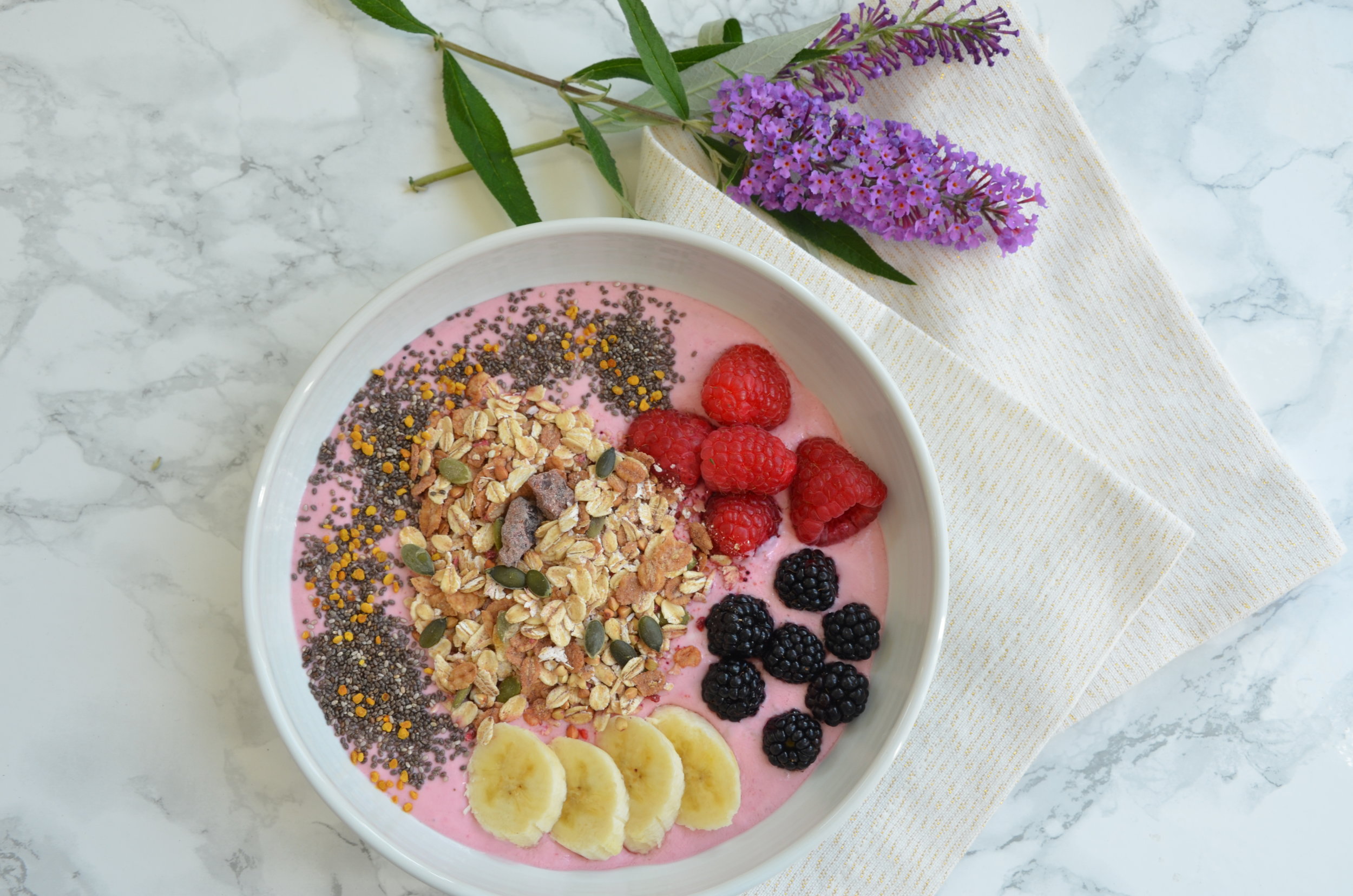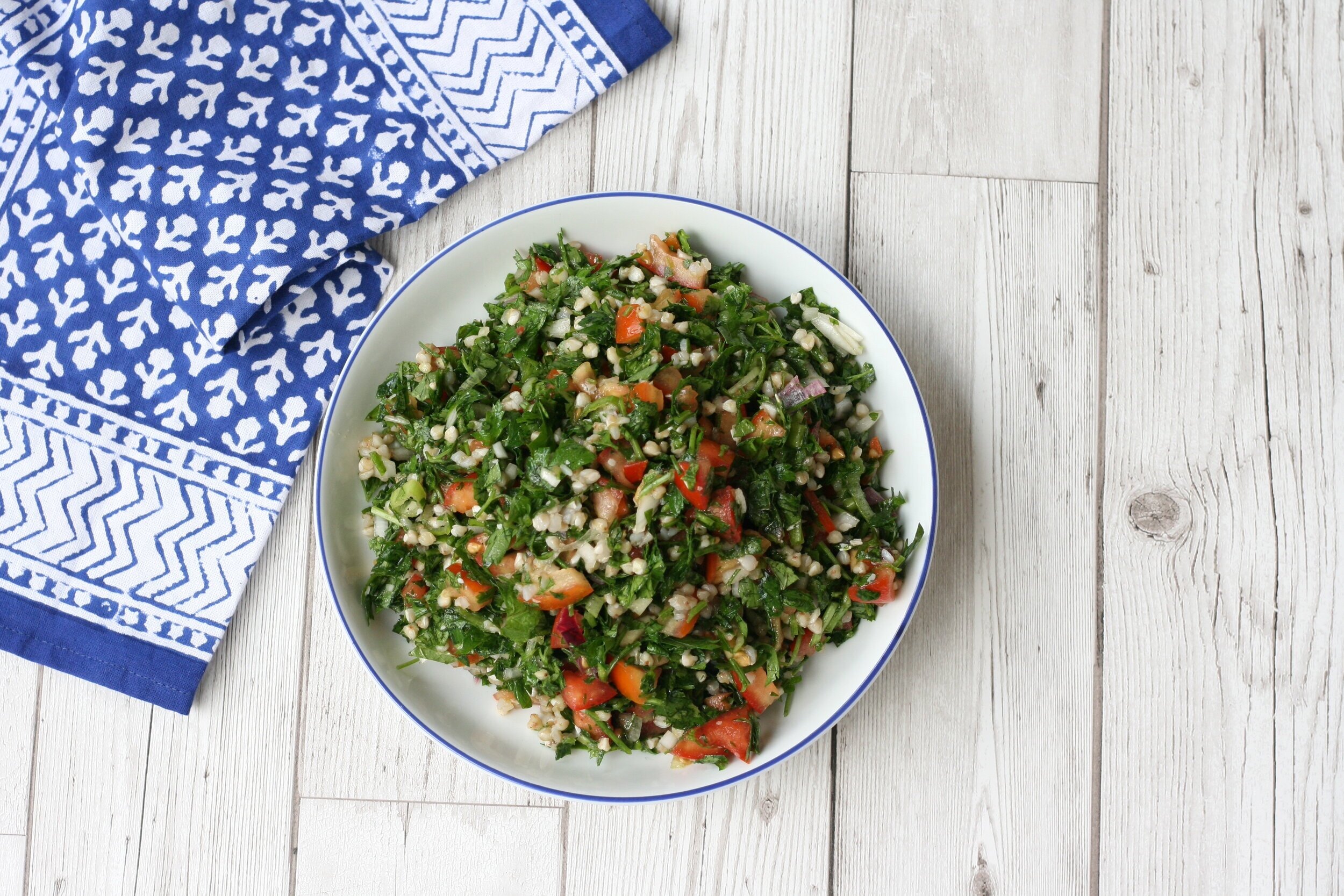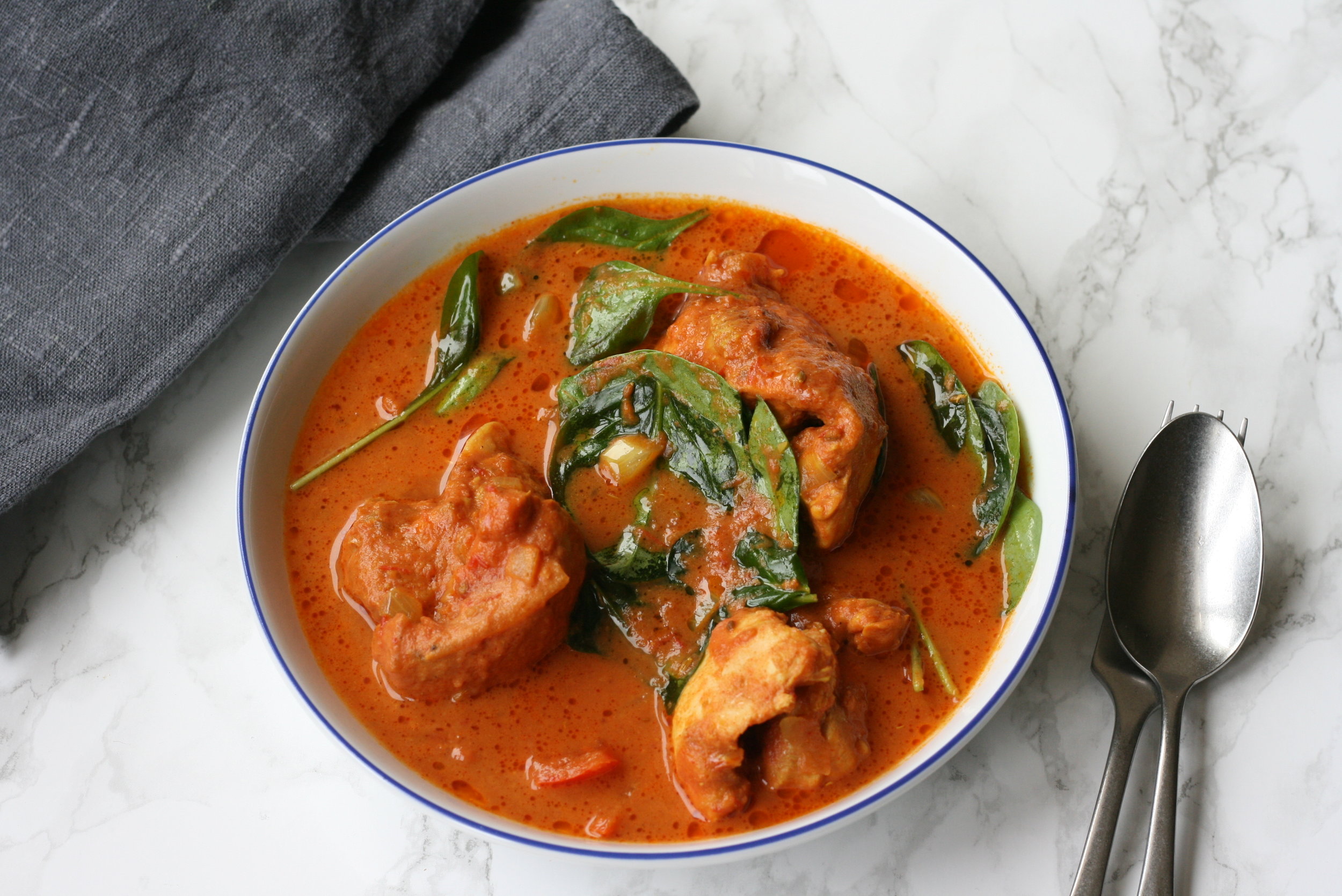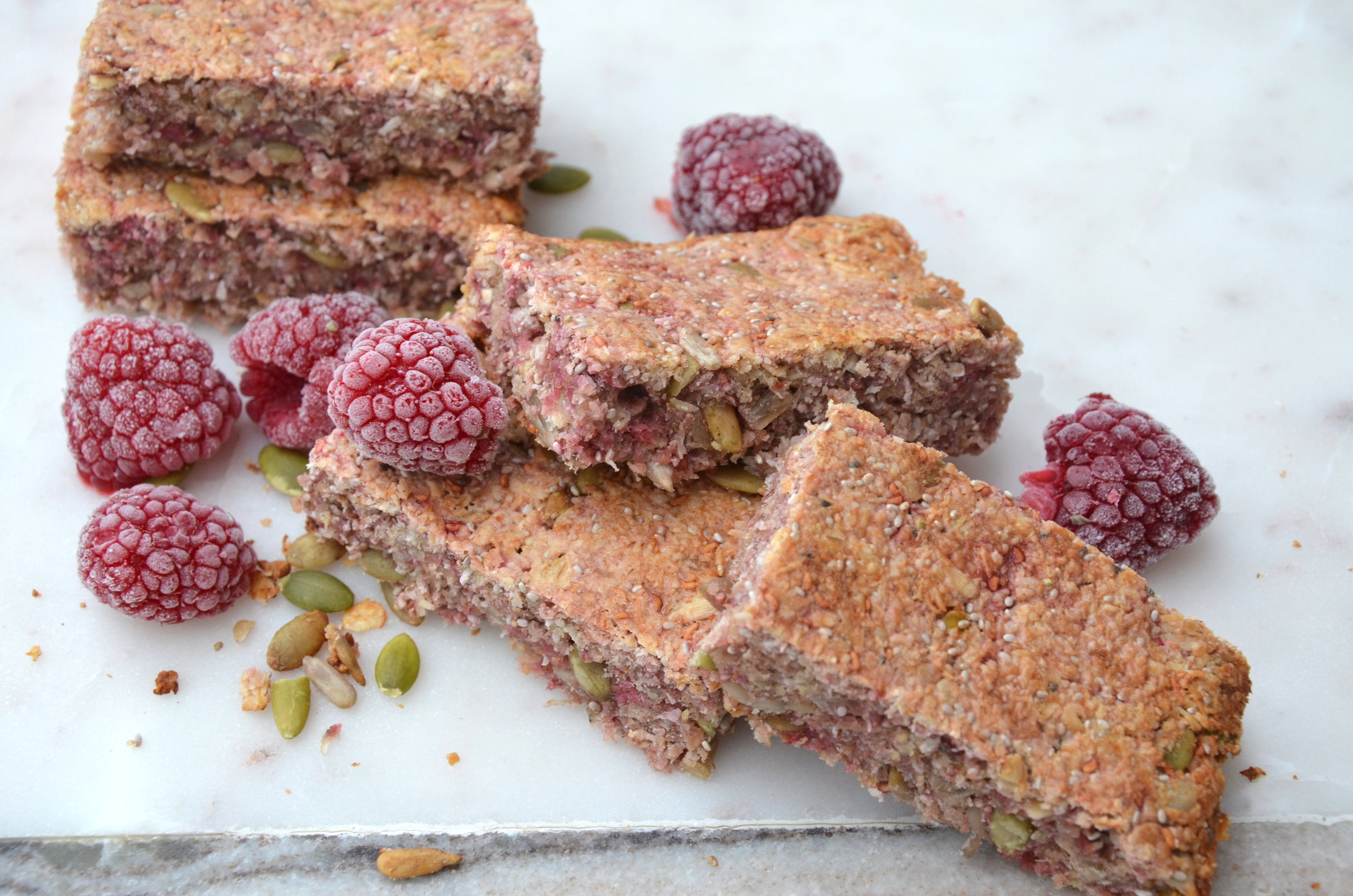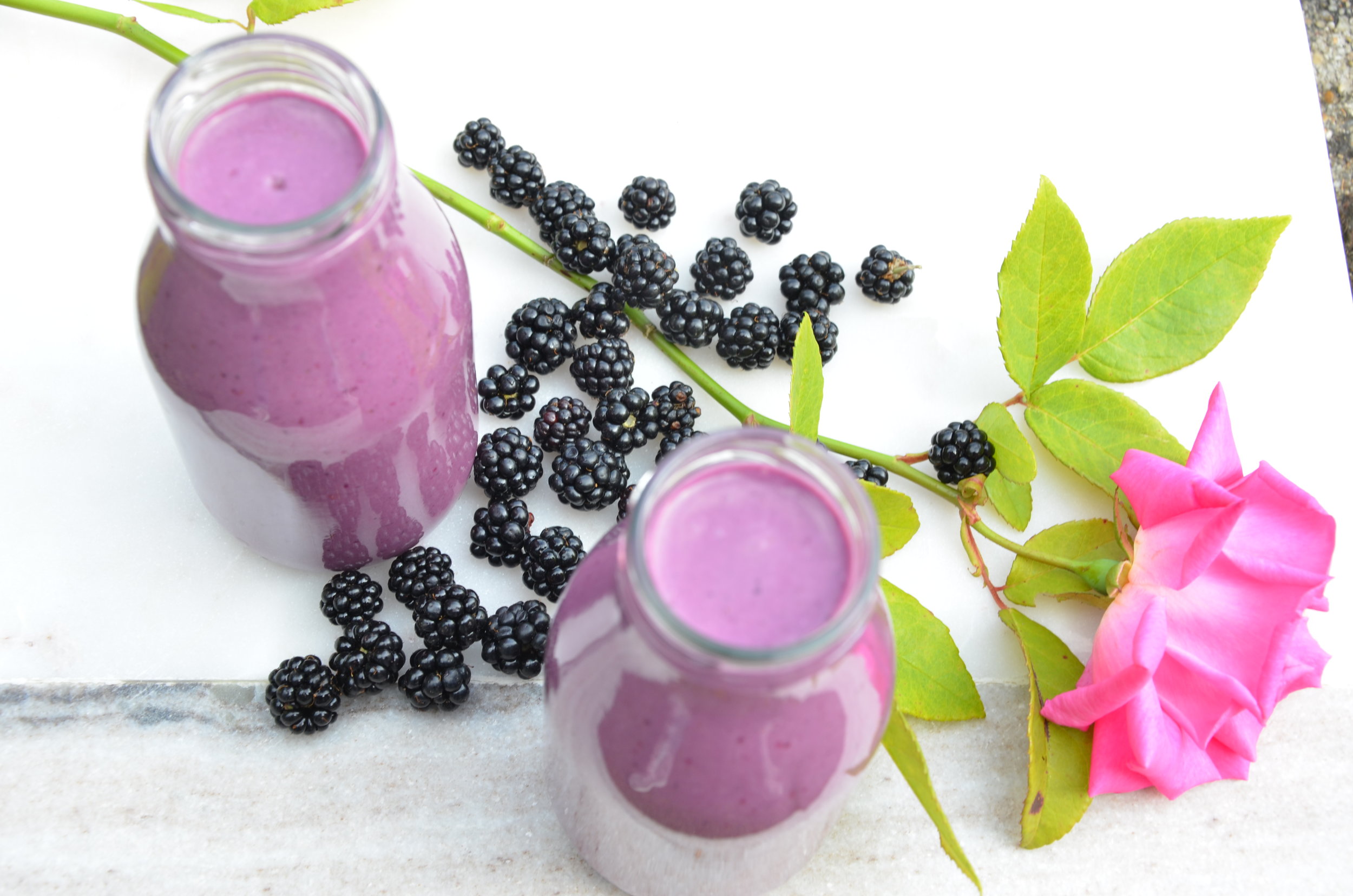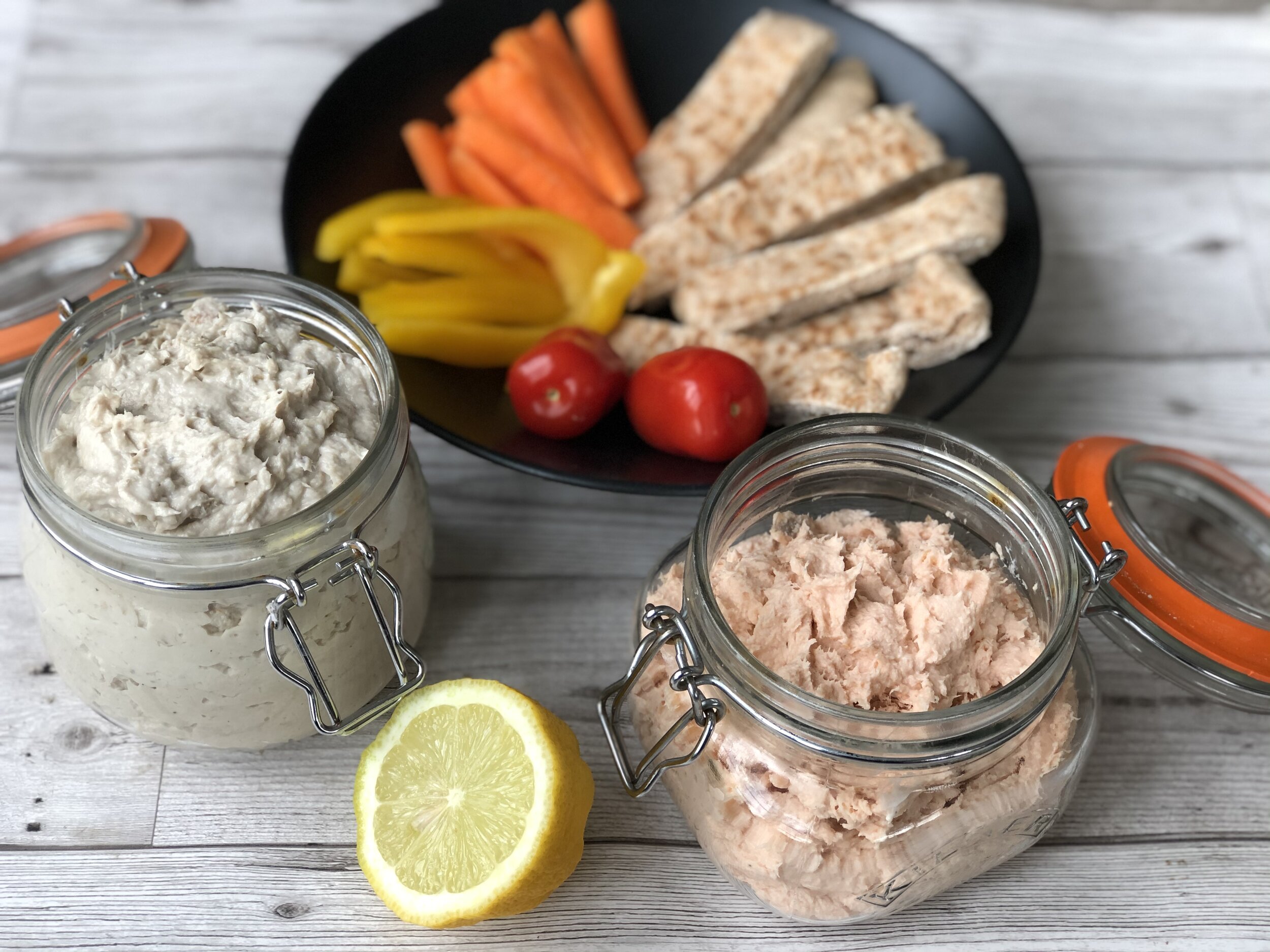lemon, ginger and pistachio cake
I have been wanting to make a lemon cake using a whole lemon for a while. The important phytonutrients in lemons are found in the peel - the part we normally throw away (see tip below). This cake remedies this! Since the whole lemon is used this is quite a grown up taste and not massively sweet. I love this lemony, nutty hit – but if you love your cakes very sweet this might not be for you! Be sure to choose organic lemons to avoid wax and pesticide residues.
ingredients
serves 10
2 unwaxed lemons (organic preferably)
300g pistachio kernels
2 tablespoon of extra virgin olive oil
5 eggs, separated
250g coconut sugar
1 teaspoon ground ginger
1 teaspoon fresh grated ginger
1 teaspoon cinnamon powder
pinch salt
method
prep time: 25 mins
cook time: 2 hours
Wash the lemons in hot water to remove any wax.
Place in a small saucepan and cover with water. Add a lid and bring to the boil.
Turn the heat down to a simmer and cook for about 1 hour until the lemons are soft. Keep checking and top up with water if needed.
When cooked, drain and leave for a few minutes.
Preheat the oven to 180°C and line a 23cm cake tin.
Place the pistachio kernels in a food processor and pulse until finely ground.
Halve the lemons and remove any pips.
Place the lemons in the small bowl of a food processor and blitz until a puree.
Whisk the egg yolks, olive oil and coconut sugar in a bowl until paler and thicker. I do this using an electric whisk.
Fold in the pistachios, the ginger powder, grated fresh ginger, cinnamon powder and lemon puree.
Whisk the egg whites with a small pinch of salt in a bowl until stiff peaks - again I do this with an electric whisk.
Gently fold in the pistachio mix little by little.
Spoon into the pre-lined tin and cook in the preheated oven for 45 minutes until golden and firm on top.
Leave to cool in the cake tin.
the health boost tip
Lemons are little nutrition powerhouses. They contain flavonoids, which have been found to have fantastic antioxidant properties. They are also renowned as excellent sources of vitamin C, which helps protect against the oxidative damage caused by free radicals. The peel contains d-limonene a flavonoid phytonutrient that acts as a powerful antioxidant. The white pith contains flavonoids that have been found to help lower LDL cholesterol.

